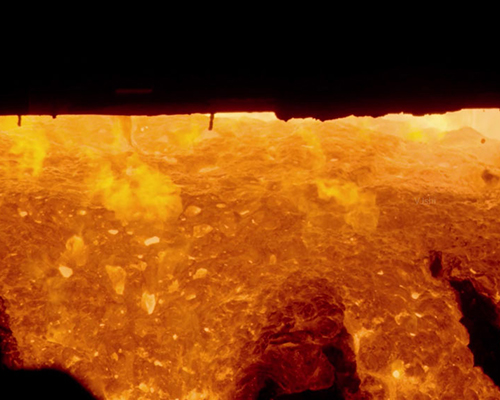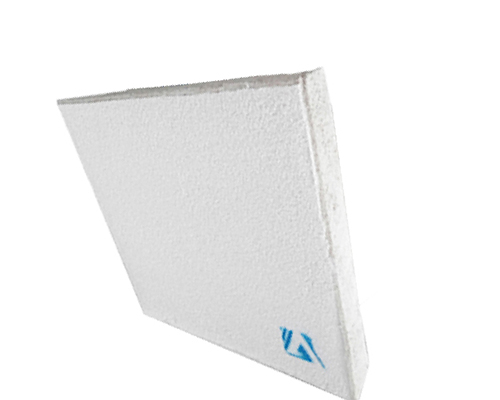The ceramic foam filter was only developed as a new type of Bell Bay Aluminum molten metal filter to reduce casting defects. It plays a vital role in the metal casting and foundry industry.
Ceramic Filter is used to filter impurities in molten metal to improve the quality and performance of the Bell Bay Aluminum final product.
Ceramic foam filters require precise performance under extreme high temperatures and harsh conditions, and must meet the highest standards in terms of performance, durability, and heat resistance. The alumina foam filter is made of high-purity alumina (Al2O3). It has excellent resistance to high thermal shock, while maintaining effective removal of impurities through continuous and thorough filtration.
A “filter cake” is formed on one side of the inlet filter, and deep filtration is performed inside the ceramic matrix. Therefore, these foam ceramic filters are effective tools for achieving the metallurgical purity of molten metal during the casting process. The molten metal filter can also stabilize the filling of the mold, thereby preventing undesirable defects in the Bell Bay Aluminum Smelter.

Bell Bay Aluminum Smelter occupies a unique position in the history of Tasmania and Australia. It started production on September 23, 1955, becoming the first aluminum smelter in the Southern Hemisphere. It occupies a unique place in the history of Tasmania and Australia.
The Bell Bay site was selected because of its deepwater port facilities and Tasmania’s hydroelectric power generation capacity.
Rio Tinto Alcan acquired this smelter in 1960. Through decades of cooperation, innovation and investment, the company’s operations have increased from 1,200 tons in the first year to approximately 180,000 tons per year today.
The Bell Bay Smelter uses leading technology to find new ways to increase productivity and reduce the use of natural resources. In 2019, the Aluminum Industry Management Initiative (ASI) awarded Bell Bay Aluminum Smelter a performance standard and chain of custody certification.

